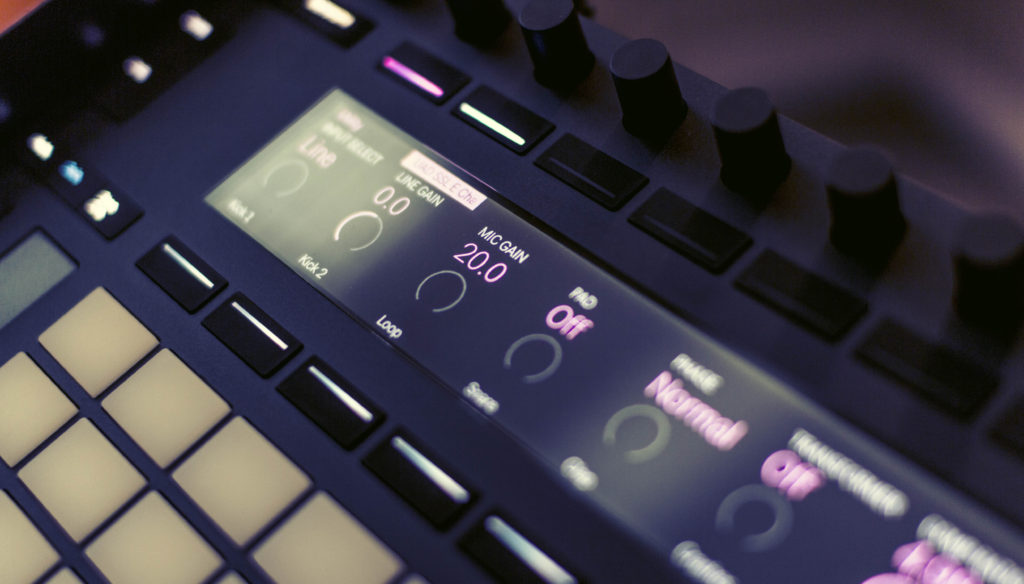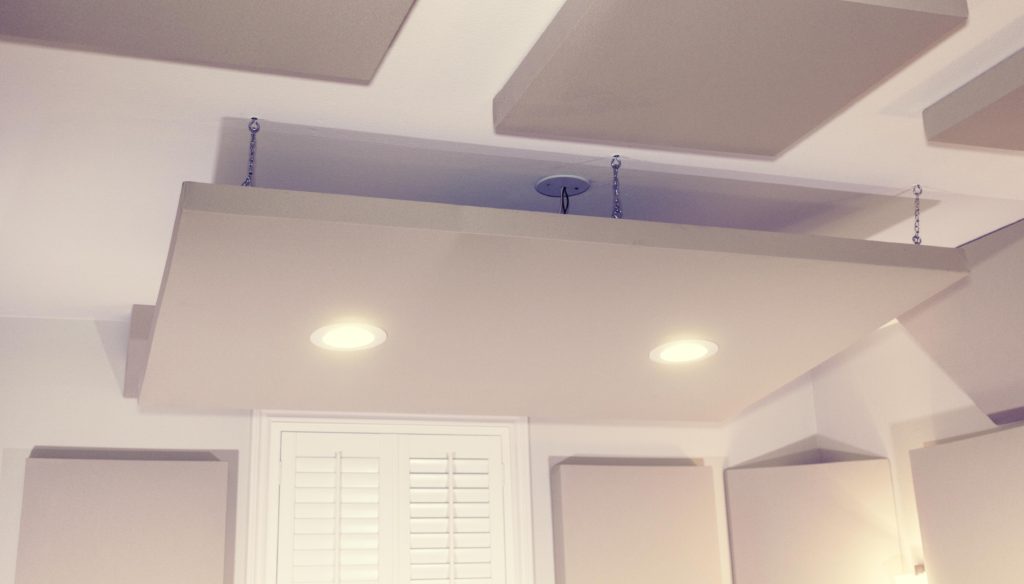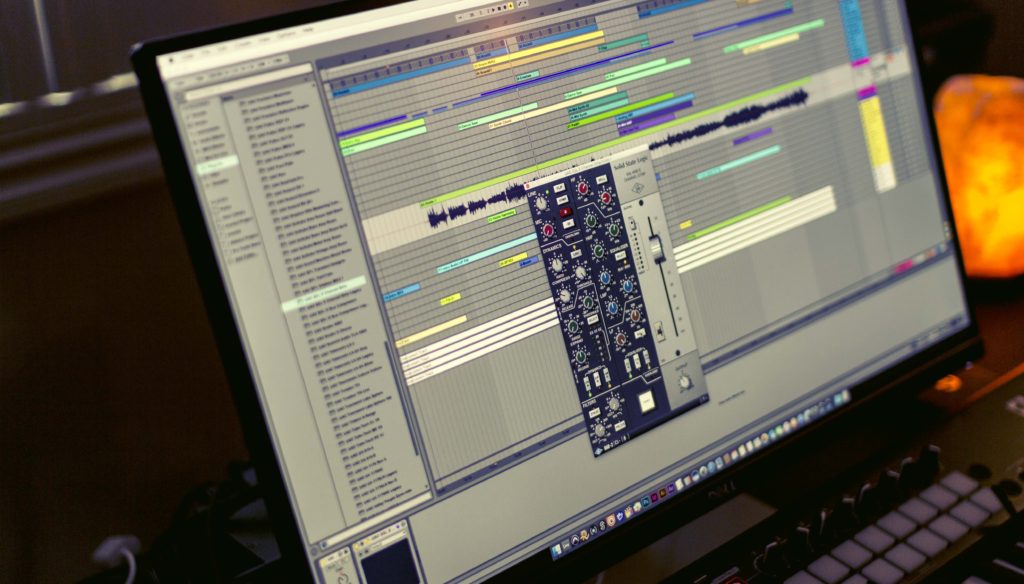11 Essential Tips For Music Producers
It’s not about making genre’s, it’s about making great music. It’s about getting the sound you want and enjoying every minute of the creation. I listen to music all over the map and I’m incredibly thankful that the same diversity comes across my workstation daily. My clients come from all over the world, and I’m having the time of my life.
From Singing To Music Production
My childhood dream was to be a singer. I was the kid who stood in front of the mirror singing and dancing to Michael Jackson. When I was a teenager I started to work with different producers and my goal was to record and release my solo projects.

Once I experienced the studio life and witnessed the creative process of music production my entire focus changed. I became obsessed and fell in love with music creation and production. Fast forward to today, I turned music production into a career and love every minute of it.
1. Ask WHY?
I ask myself this question over and over again. Even after years of practice, I challenge myself daily and I’m always making sure if I choose to use an 1176 it’s not because I read somewhere you should use that on vocals, but because I want the faster attack and full character of the 1176 on this Pop vocals.

I’ve always been against becoming a preset robot. Instead, it’s important to be aware of your thought process and control it, rather than hoping to get lucky.
2. Bring Out The Emotion
Music has a direct effect on our emotions. It’s been that way since the first tune we’ve heard in our lives. Sure, It’s technical and it’s a business, but at the end of the day, music is born out of emotions. If you invest emotionally and get inside the music, you’ll make much better decisions to serve it best as you can. And of course, remember to ask your hundreds of “WHY?” throughout the day.
3. Check Your Acoustics
This is super important. There are tons of information on the web on acoustics. It’s easy to always have your eye on gear, but a killer set of speakers isn’t going to matter at all until you have a great acoustically treated room to use those speakers in.

If you are in the LA area, I highly recommend LA Sound Panels, they treated my room and I couldn’t be any happier.
4. Choose Your Monitoring Chain Wisely
After your space is dialed in, having a killer monitoring chain is key. A master DAC (Digital-to-Analog Converter) and speakers that you know intimately will give you a window to how your mixes translate in the real world. Speaker choice is a personal preference, but don’t just pick something that sounds good. Choose something that will inspire you to work harder to make a killer mix.

For me, I chose the Genelec 8351A’s because it is a coaxial 3-way monitoring system with a room correction system built into the monitors. The technologies involved with these guys helped me get the exact sound that I wanted and I found inspiring to work with daily.
5. Balance The Right And Left Brain
Music production should be a fluid process of constantly moving back and forth between the analytical (left) and creative (right) sides of our brain—never staying on one side for too long.
6. Think Analog For Headroom And Levels

In the digital age, even with great 32 and 64-bit mix busses, we should still be aware of analog reference levels. We love all our hardware emulation plugins, and designers have primarily created those based on analog gain staging. For this reason, I like to use Ableton’s Utility plugin before any processing in my signal chain to drop the levels to -10dB or so leaving enough headroom for my mixes.
7. Get Down To Business
“Business Matters.” As musicians, we hate to think this way. But for a lot of us, learning to be business people is crucial. At a certain point, you’ll need to make money to keep making music.
8. Don’t Chase. Lead!
Any time you play it safe, you risk losing the client. We are hired for our opinion. If the client hears the mix and isn’t more moved than when they sent you the rough mix, what do they need you for, anyway?
9. Know The Reference
Be aware of reference audio format and listen for vibe and generalities, rather than accepting it as complete sonic truth. We shouldn’t be trying to copy another mix anyway, but be super careful of the tonal shape of each of the different formats.
10. Ask Questions
We ALL should ALWAYS be learning! I purposely set out to learn something new every day. There’s always someone who’s been at it longer than you, and those of us that have been at this for a minute love to share our passion for what we’ve learned.
11. Live Life
Hustle, yes. Hustle hard. Music life is challenging, but therefore very rewarding! So live life with those you love.
